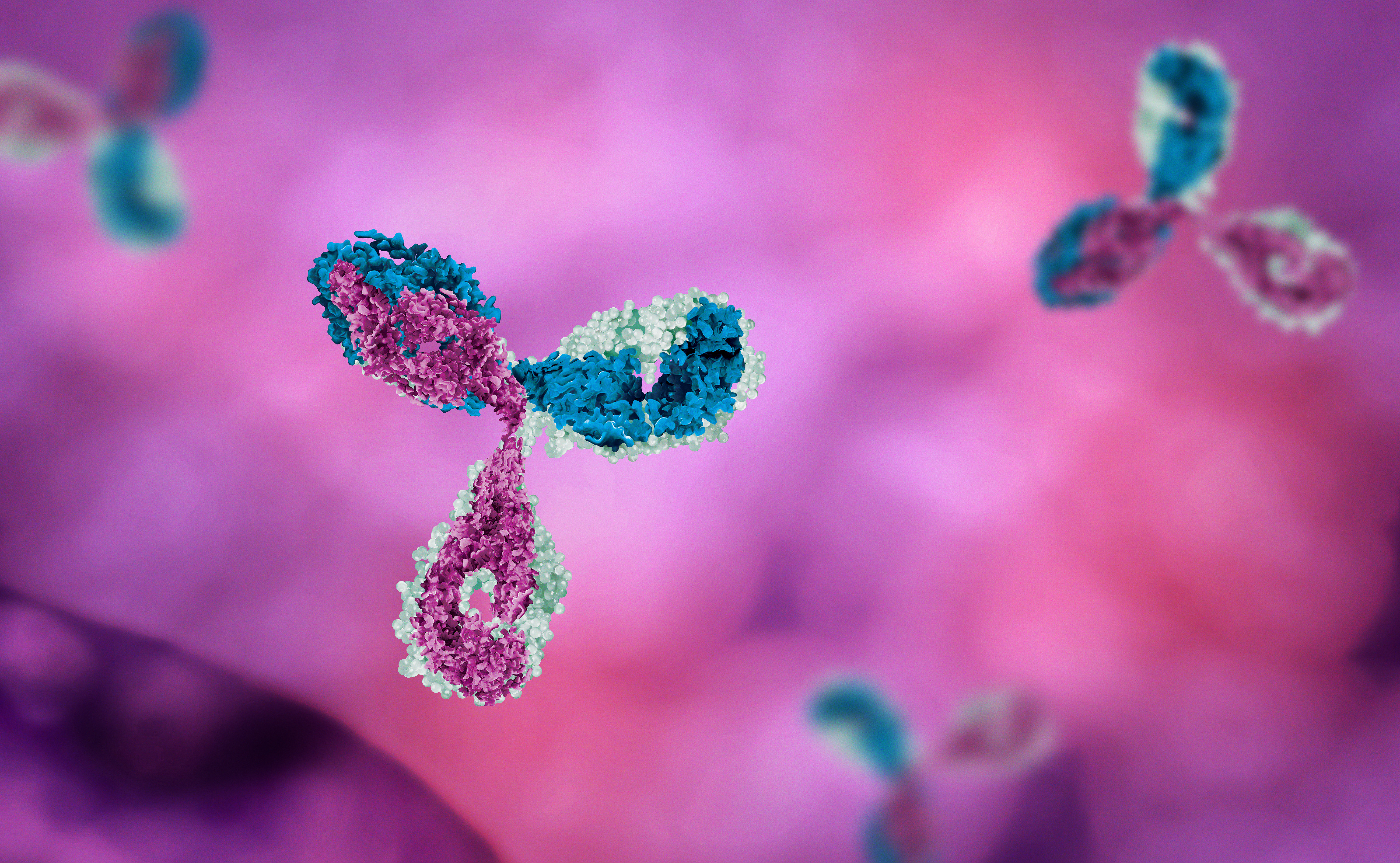
As part of our Thought Leaders series, Director and Co-founder of Gaia Foods, Vinayaka Srinivas, explores so-called ‘conscious consumers’ and the rise of an alternative protein industry.
Forward: features discuss and celebrate the best of innovation and exploration from the scientific and entrepreneurial worlds.
Currently, the meat industry is designed for hyper-efficient and highly streamlined operations, which allow it to provide affordable meat to 90% of the global population. It’s an achievement made possible, primarily, due to the rise of large-scale factory-style farms. On these, a great number of animals are raised in a small patch of land and provided with a continuous stream of high-calorie food, which makes them grow to their maximum weight in the shortest period of time.
So far, so good, if your goal is only achieving high profits and cheap food. However, if we lift the curtain on these facilities, we see many of them sharing some common – and less desirable – traits.
First, since grouping animals in a small space raises the potential for the spread of disease, these animals are fed antibiotics on a regular basis. Second, overcrowding is known to cause disease and encourage cannibalistic behaviour. Finally, the animal farming industry taken together (global livestock) accounts for some 14.5% of human-induced greenhouse gas emissions, according to the UN’s Food and Agriculture Organization (FAO). The FAO has reported that livestock supply chains are also responsible for 44% of methane emissions.
“Conscious consumers’ are looking for more ethical, cruelty-free and eco-friendly meat alternatives”
Increased transparency about these factors has led to an increase in individuals who are questioning the way in which the meat is produced and consumed. These so-called ‘conscious consumers’ are looking for more ethical, cruelty-free and eco-friendly meat alternatives.
Alternative proteins
These activated consumers have prompted the rise of an alternative protein industry – offering products that are similar to meat in terms of nutrition but lighter on environmental and animal impact. Plant-based meat options from the likes of Beyond Meat and Impossible Foods began offering an amazing range of choice for those wanting to reduce their meat intake without sacrificing the meat-eating experience completely.
However, while happy that the plant-based meat options were available, conscious consumers didn’t make the switch completely. Instead, having tried the foods as a novelty, they went back to their meat. Reasons for the return include psychological factors, the extreme processing needed to create plant-based meats, and the cost.
Luckily, there is another technology on the horizon, known as cultivated meat or cultured meat. Here, a small amount of tissue is harvested from living animals, from which stem cells are isolated. These cells are provided with the best possible conditions in which to grow and thrive outside of the animal’s body. Once they reach critical mass, they are harvested and meat is produced.
Because it doesn’t involve killing animals, produces a real animal product and is believed to have a lighter footprint on global resources than factory-style animal farms, this technology may be able to better address the concerns of conscious consumers.
However, producing meat this way is extremely expensive. The technology was designed for the medical field, where cost is not the main concern. As a result, many companies in the cultivated meat space are focused on producing lower-value minced or mixed-meat products, such as burger patties, meatballs and sausages.
At Gaia Foods, the first cultivated red meat company in south east Asia, we’re taking a different approach. Asia is responsible for 40% of global red meat demand, and it’s a market we understand well. Asia’s conscious consumers want more than mince. That’s why we’re developing technology aimed at producing structured products such as Wagyu beef, pork belly and tenderloin – giving them the red meat options they want, without compromise. And once we’ve perfected our products we will continue to develop new ones and plan to roll them out to other markets.
The world may love a burger, but when it comes to new meat alternatives, it deserves so much more.
Written by Vinayaka Srinivas, Director and Co-founder of Gaia Foods.
Adam is a Partner and Patent Attorney at Mewburn Ellis. He works with biotech companies to build and manage their patent portfolios, drafting patent applications and co-ordinating prosecution worldwide. Adam has particular experience handling portfolios relating to therapeutics (particularly immunotherapies, including adoptive cellular therapies), antibody technology, diagnostics, and regenerative medicine.
Email: adam.gregory@mewburn.com
Sign up to our newsletter: Forward - news, insights and features
Our people
Our IP specialists work at all stage of the IP life cycle and provide strategic advice about patent, trade mark and registered designs, as well as any IP-related disputes and legal and commercial requirements.
Our peopleContact Us
We have an easily-accessible office in central London, as well as a number of regional offices throughout the UK and an office in Munich, Germany. We’d love to hear from you, so please get in touch.
Get in touch

